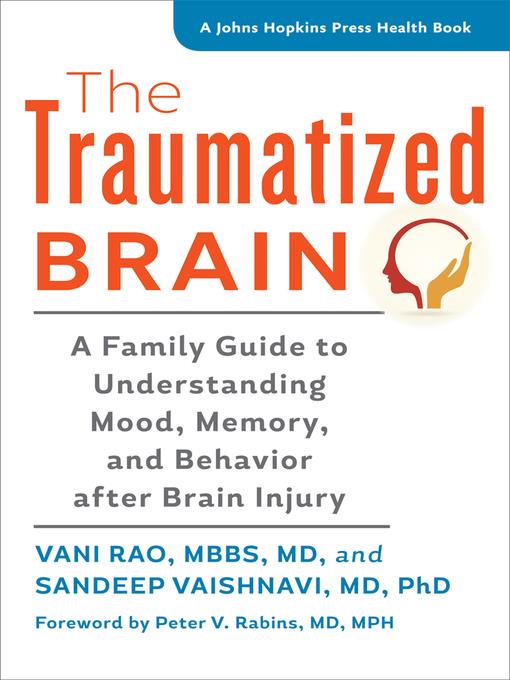
The Traumatized Brain
A Family Guide to Understanding Mood, Memory, and Behavior After Brain Injury
راهنمای خانواده برای درک طرز فکر، حافظه و رفتار بعد از آسیب مغزی
کتاب های مرتبط
- اطلاعات
- نقد و بررسی
- دیدگاه کاربران
نقد و بررسی

October 1, 2015
This accessible book, which provides an overview of the biology and consequences of traumatic brain injury (TBI), begins with an introduction of brain function that helps readers understand the later chapters. It then explains the various types of TBI, and from there the authors, both neuropsychiatrists, offer general comments about the factors that can contribute to recovery from such an injury. Those opening segments frame the focus on TBI's various symptoms and effects, including depression, apathy, anxiety, and impulsivity, which will help TBI sufferers understand their behavior as well as learn about effective coping strategies and treatment options. Each of the chapters includes an insightful case study, which makes the material more practical and brings the clinical discussion into focus. Individuals who have experienced a TBI, as well as their families, will find this book useful and comforting, both for its clear explanations and its clinical guidance. VERDICT A well-done and medically centric book intended for patients and their families seeking to understand and get help in the wake of TBI.--Aaron Klink, Duke Univ., Durham, NC
Copyright 2015 Library Journal, LLC Used with permission.

November 1, 2015
Neuropsychiatrists Rao and Vaishnavi authoritatively explain how traumatic injuries hurt the brain (a lot). Better yet, they talk about how families can handle behavior changes, memory problems, sleep disturbances, and other complications caused by car accidents, falls, battle injuries, and blows to the head during sports. Emotional support from family and friends helps injured people rest and may also help the brain recover. A regular schedule, with plenty of sleep, is important, too. The authors include many tips for people suffering from various issues (memory problems and apathy) and discuss potentially helpful medications and their side effects. This excellent guide provides essential information and great comfort and advice for families with loved ones who have suffered a traumatic brain injury. A healthy brain, after all, is priceless; it houses our sense of self and is in many ways the conductor, the maestro, coordinating the orchestra of the body. (Reprinted with permission of Booklist, copyright 2015, American Library Association.)

























دیدگاه کاربران